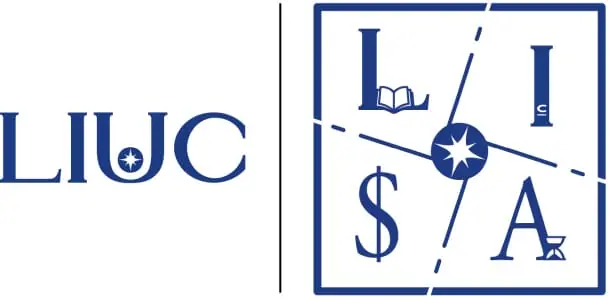Who we are
The LISA Project (Learning, Inclusion, Salary, Ageing) aims to study the local effects of the interaction between four dimensions of inequality – continuous learning, labour market inclusion, wage gap, and workforce ageing – on business competitiveness and the labour market in the Italian part of Insubria. The project’s goal is to produce policy recommendations and management practices to enhance the competitiveness of businesses and improve their ability to attract, strengthen, and retain human capital in the Italian Insubria region, supporting local development.
This area is heavily influenced by global macro-trends, such as digitalisation, ecological transition, international migration, and population ageing. Acting in combination, these trends amplify inequalities and consequently increase the fragility of the region.
It is therefore essential to consider the specificities of this context to outline an action plan aimed at overcoming inequalities, while also creating an efficient and inclusive regional labour market that fosters competitiveness, well-being, and social cohesion. The research focuses on the Italian provinces of the Insubria region, with the productive organisation – specifically local businesses – serving as the unit of analysis.




